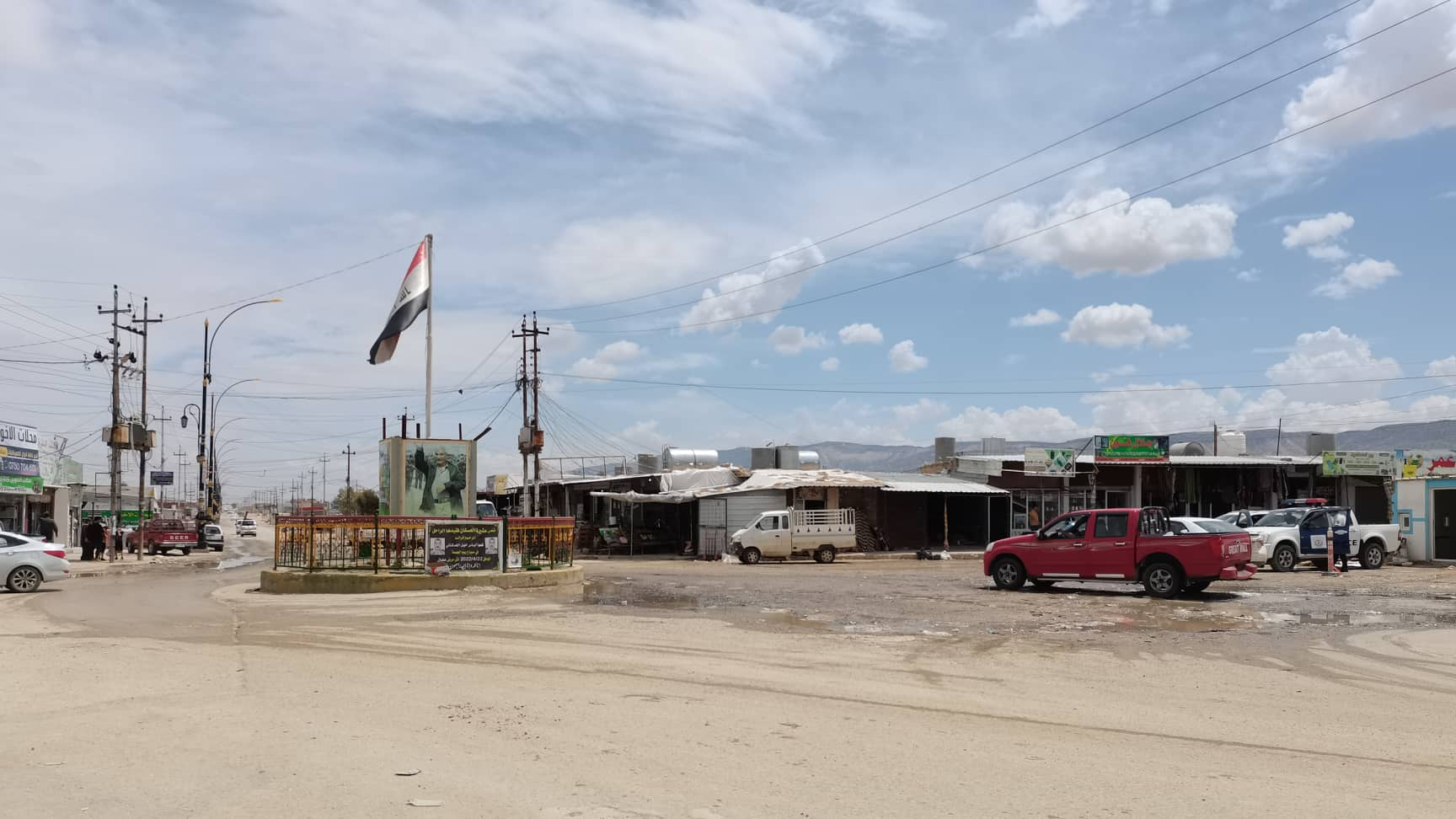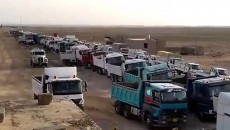The residents of a town in Mosul suffer from the decrease in the number of hours of electricity supply to less than 14 hours per day, after that the private, diesel, power generators went on strike in protest against the government's failure to provide state-subsidized diesel.
Fifty private generators in Sinuni sub-district of Shingal (Sinjar) district, home to the non-Muslim Ezidi (Yazidi) community in Ninewa province, and its outskirts stopped providing electricity to citizens for nearly a week.
Ghazi Faisal, the owner of a private generator, said if the government does not provide them with diesel at a subsidized price, the generators will stop working throughout the district and not only Sunny, because the price of one barrel of diesel ranges between 190,000 to 220,000 Iraqi dinars IQD (USD150), at the private market.
The private generators were previously supplied with diesel from commercial petrol stations in Shingal, which were closed some time ago by a decision of the Iraqi federal government for not obtaining work licenses.
Most citizens rely on fans and air coolers during national power outages, as they consume less electricity, ranging between one or two amperes, compared to modern air conditioners that consume more than eight amperes.
Following gulf war in 1991, the Iraqi state infrastructure was sharply hit by the economic embargo on Saddam Hussein regime due to damage of many transmission lines and substations leaving the basic services provided by the state inadequate.
Few years later, the local authorities gave permission to installation of private diesel generators in the residential neighborhoods to provide power and fill in the national power outage as it could provide only half of the demand on national network of state-subsidized electricity.
The cost of the power provided by private generators is couple of times double of power provided by the state thus people are obliged to consume as less as possible during national power outage in order to pay less for private generators.
The mayor of Sinuny subdistrict, Khudeda Chuki, told (KirkukNow), "All generator owners in the district have stopped operating their generators because of the high price of diesel and the lack of provision by the government, as it was previously imported from Syria, but the import stopped due to government procedures."
According to (KirkukNow) follow-up, the National Electricity Authority has become the only source of electricity in Sinuny, providing between 12 to 14 hours a day.
There are about 50 private generators in the subdistrict, but they are unable to provide electricity to the citizens, mayor said.
“They are obliged to obtain work permits according to government procedures in order to be supplied with subsidized diesel, which requires approval of Mosul administration and then completing their transactions in Baghdad, and obtaining approval may take a year.”
Some of the private generators at the center of Shingal district and Sinuni subdistrict had stopped supplying electricity to the people in protest against the diesel crisis, later the problem was temporarily solved by providing them with a portion of subsidized diesel.
Last June, 21 private generators out of a total of 43 generators in the district stopped supplying citizens with electricity in protest against the shortage of diesel used to operate the generators.
The war against the Islamic State ISIS militants eight years ago caused great damage to the public sector in Shingal (120 km west of Mosul), including water and electricity distribution networks, damaging housees, schools and religious sites. Thousands of Ezidis (Yazidis) were killed, enslaved and displaced for being non-Muslims.
Iraq's electricity ministry has cited a number of causes for the prolonged and widespread cuts including sabotage attacks, shortages of fuel for power stations, and lack of budget for periodical maintenance.
Sabotage acts have lately found power transmission towers a hot target.
The Iraqi ministry of electricity said in a statement in August 2021 that 13 towers for transmission of power were damaged by ISIS militants in 48 hours in Ninawa, Kirkuk and Salahaddin, including Kirkuk-Gayarra (in Mosul) by IED, causing damage to five towers.






